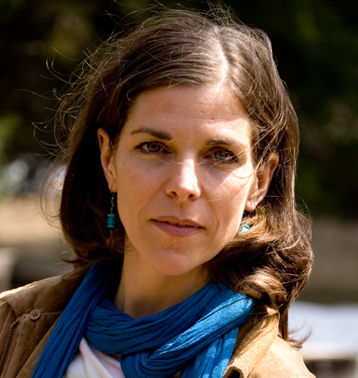In the vein of Delia Owens, Brit Bennett, and Leif Enger, THE NET BENEATH US is a novel about being haunted by the choices we make—and don’t make—in our lives.
THE NET BENEATH US
by Carol Dunbar
Forge, Fall 2022
 Silas is dead. Or he’s almost dead, felled by the trees he was felling and now brought home, comatose, to die in his unfinished, off-the-grid house at the edge of the forest he loved. His wife, Elsa, doesn’t know much about living in the country, about running the generator or chopping enough wood to survive the winter. Raising their children here, in this dwelling carved into the side of a hill, had been Silas’s dream, not hers. She doesn’t know how she’ll ease his final days with no heat and no running water. But she knows that he would want to stay here, in his bed, on his land, as his breath shudders to a whisper.
Silas is dead. Or he’s almost dead, felled by the trees he was felling and now brought home, comatose, to die in his unfinished, off-the-grid house at the edge of the forest he loved. His wife, Elsa, doesn’t know much about living in the country, about running the generator or chopping enough wood to survive the winter. Raising their children here, in this dwelling carved into the side of a hill, had been Silas’s dream, not hers. She doesn’t know how she’ll ease his final days with no heat and no running water. But she knows that he would want to stay here, in his bed, on his land, as his breath shudders to a whisper.
Silas’s aunt and uncle think she’s crazy. Elsa’s father thinks she ought to leave, go find an apartment in the city. Her young children think she’ll be able to bring their daddy back. But Elsa thinks staying is the right choice. She just has to remain focused, learn how to keep the house running, and ignore the way the trees outside seem to call to one another, how the walls seem to come alive at night, how nearly dead Silas seems to be haunting her, already, from his windowless room. Staying is the right choice. Isn’t it?
Told over the course of a year, THE NET BENEATH US is a lyrical exploration of loss, marriage, motherhood, and self-reliance, a tale of how the natural world—without and within us—offers a kind of healing available to us all, if we can learn where to look.
Carol Dunbar is a ghostwriter of over 50 nonfiction titles, and for the last 15 years she has lived in the house that is the setting for THE NET BENEATH US. Her essays about living off the grid air on Wisconsin Public Radio and her work has been published or is forthcoming in The South Carolina Review, Midwestern Gothic, The Midwest Review, Literary Mama, Great Lakes Review, and others. In 2018 she won the Hal Prize for fiction and an earlier draft of this novel was a 2013 finalist for the Dana Award.

